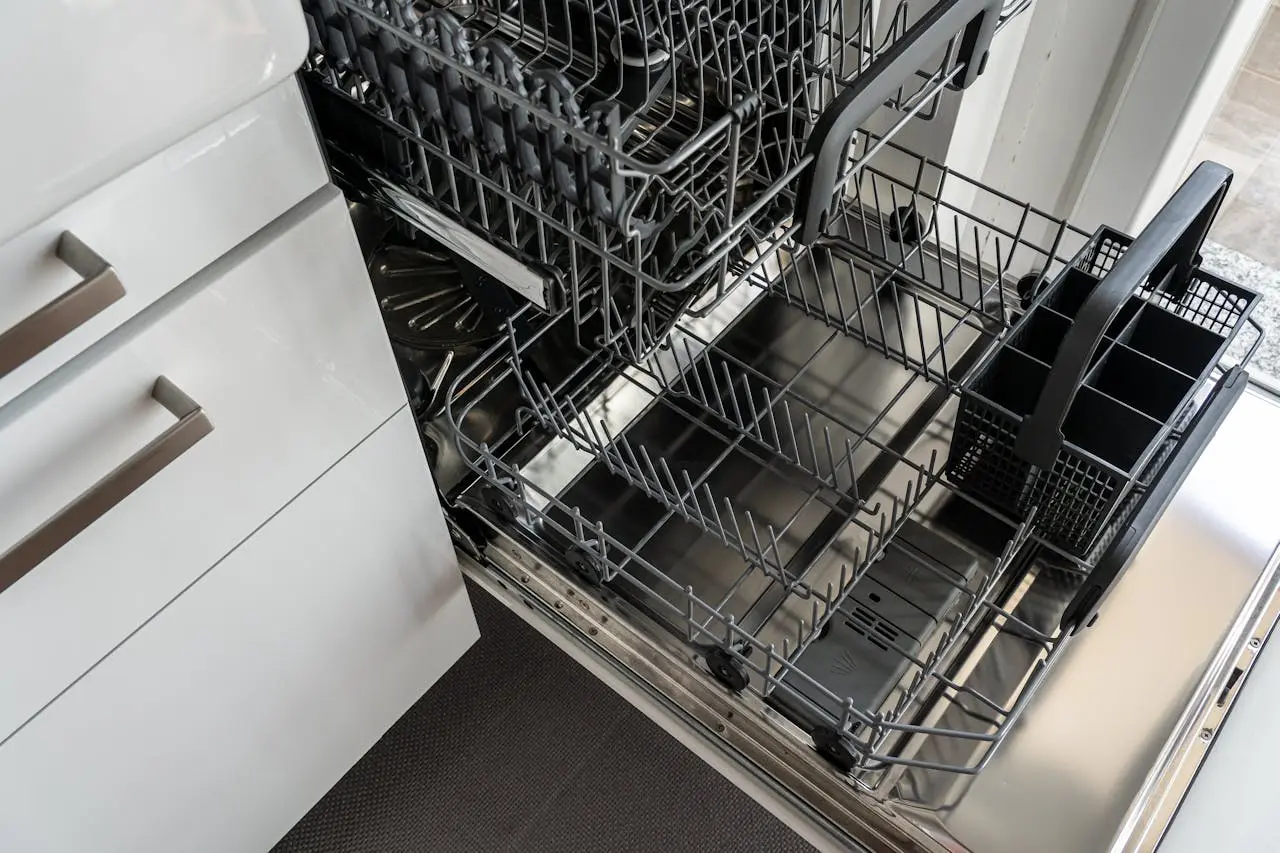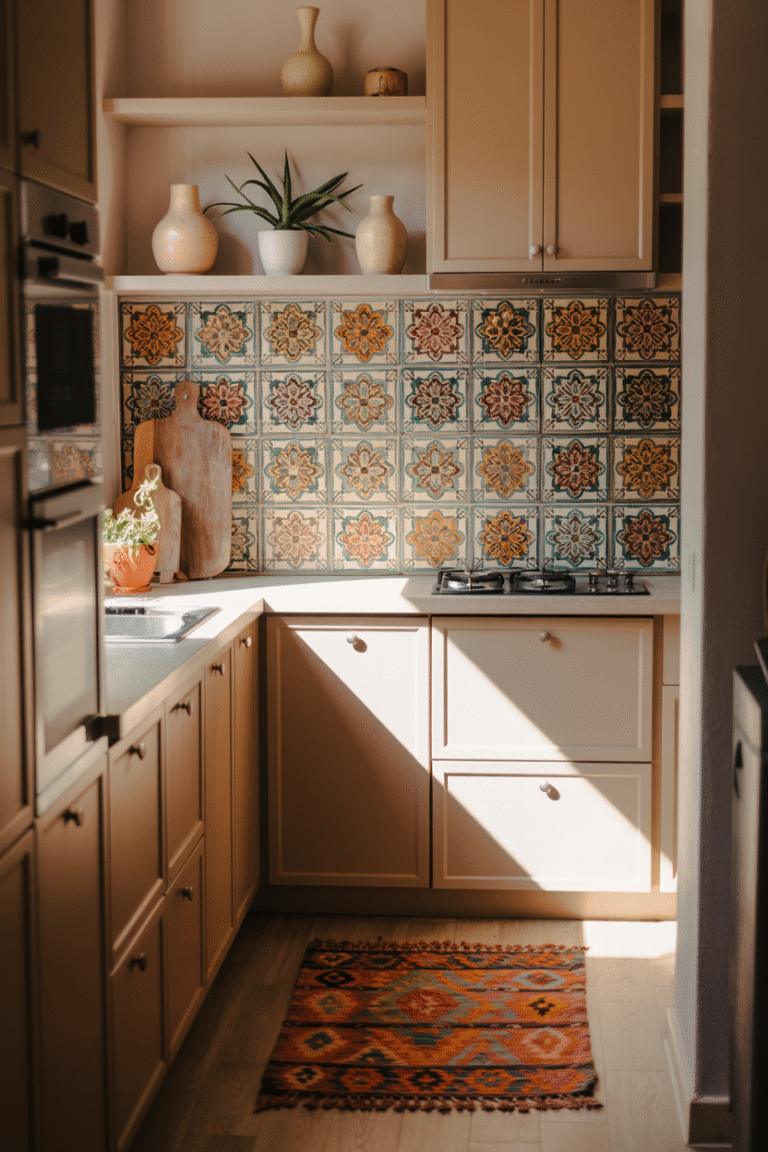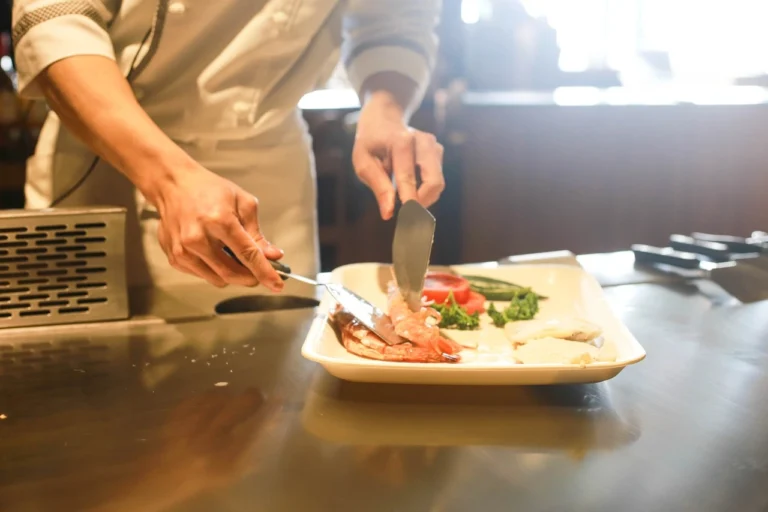
I’ve worked in kitchens where everything ran smoothly, and I’ve also seen the other side, where an unchecked fridge turned into a nightmare. Let me tell you, a small slip in hygiene or maintenance can shut down a whole restaurant overnight. Kitchen inspections aren’t just about ticking off boxes for health inspectors; they keep everything running safely, efficiently, and legally.
Now, if you’ve ever wondered why these inspections matter, here’s everything you need to know.
Ensuring Food Safety: The Non-Negotiable Priority
Food safety is the number one reason kitchen inspections exist. No one wants food poisoning, and in a professional kitchen, even a small mistake can lead to serious consequences.
I once worked in a restaurant where a minor issue in our storage system almost led to disaster. Raw chicken was accidentally placed too close to fresh vegetables in the fridge. That’s a recipe for cross-contamination, and if an inspection hadn’t caught it in time, someone could have gotten sick.
Regular inspections make sure:
- Ingredients are stored at the correct temperatures.
- Expired items are removed before they make it onto a plate.
- Cross-contamination risks are eliminated.
- Kitchen surfaces and utensils are properly sanitized.
Health inspectors check everything, from how we handle raw meat to whether our refrigerators maintain the right temperature. These inspections keep customers safe and protect a restaurant’s reputation. A single outbreak of foodborne illness can destroy trust, and in this industry, reputation is everything.
Maintaining Equipment Efficiency: Avoiding Costly Breakdowns
Kitchen equipment works hard. Ovens blast at high temperatures for hours, fridges run 24/7, and dishwashers churn through piles of plates every shift. If anything breaks down in the middle of a busy night, chaos follows.
I remember one Friday evening rush when our fryer suddenly stopped working. Orders piled up, and we had to scramble to adjust the menu on the fly. The worst part? A routine inspection could have caught the issue days earlier. That one broken fryer cost us an entire evening’s revenue and frustrated a lot of hungry customers.
Inspections help prevent this by checking:
- If refrigerators and freezers maintain the correct temperature.
- Whether ovens, grills, and fryers function properly.
- If electrical and gas connections are safe.
- Whether exhaust and ventilation systems are clean.
Fixing small problems early prevents expensive repairs or total breakdowns. A well-maintained kitchen doesn’t just run smoother; it saves money in the long run.
Complying with Health Regulations: Avoiding Legal Trouble
Every restaurant and food business must meet strict health codes. Fail an inspection, and you could face fines, or worse, get shut down.
I once saw a bakery close its doors for two weeks after an inspection uncovered a rodent problem. The issue? A tiny gap under the back door that let pests sneak in. They lost thousands in revenue, not to mention the damage to their reputation. If they had conducted regular internal inspections, they could have fixed the problem before the health department ever showed up.
Health inspections focus on:
- Proper food handling and storage.
- Cleanliness of workspaces.
- Pest control measures.
- Safe disposal of waste.
Restaurants that take inspections seriously stay ahead of potential issues. Instead of scrambling to fix problems when the health department arrives, they maintain a kitchen that’s always inspection-ready.
Identifying Potential Hazards: Catching Problems Before They Escalate
A kitchen is full of hidden dangers, slippery floors, faulty wiring, fire risks, and more. Without regular inspections, these hazards can go unnoticed until it’s too late.
In one kitchen I worked in, we discovered a slow gas leak during a routine safety check. It wasn’t strong enough to be obvious, but over time, it could have led to a serious accident. Fixing it immediately prevented a potential disaster.
Hazards that inspections can catch include:
- Gas leaks and faulty stove connections.
- Fire hazards from grease buildup.
- Slippery or damaged floors.
- Electrical issues from overworked outlets.
Addressing these risks before they cause harm keeps both staff and customers safe. A kitchen should be a place where great food is made, not an accident waiting to happen.
Enhancing Staff Training and Awareness: Creating a Culture of Responsibility
One of the most overlooked benefits of regular inspections is how they reinforce good habits among kitchen staff.
During an inspection at a restaurant I worked at, the inspector pointed out that some staff members weren’t washing their hands as frequently as they should. Instead of seeing it as criticism, we turned it into an opportunity to improve. We held a quick refresher on hygiene practices, and from that point on, everyone became more conscious about keeping things clean.
Regular inspections remind the team to:
- Follow proper handwashing and hygiene protocols.
- Use gloves and hairnets when necessary.
- Keep workstations clean at all times.
- Handle and store food correctly.
When inspections happen consistently, safety and cleanliness become second nature to the staff. Instead of rushing to fix things before an inspector arrives, they maintain high standards every day.
Final Thoughts: Inspections Keep Kitchens Running Smoothly
Some people see inspections as a hassle, but in reality, they’re what keep kitchens safe, efficient, and legally compliant.
I’ve worked in places that took inspections seriously and ones that didn’t. The difference is night and day. A well-inspected kitchen runs smoothly, serves safer food, and avoids costly surprises. On the other hand, a kitchen that ignores inspections risks breakdowns, legal trouble, and unhappy customers.
At the end of the day, kitchen inspections are not just about following rules, they’re about creating an environment where chefs can focus on what matters most: making great food.






